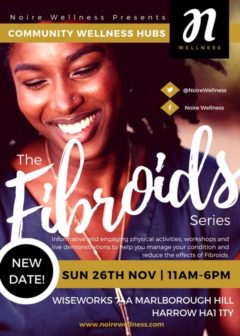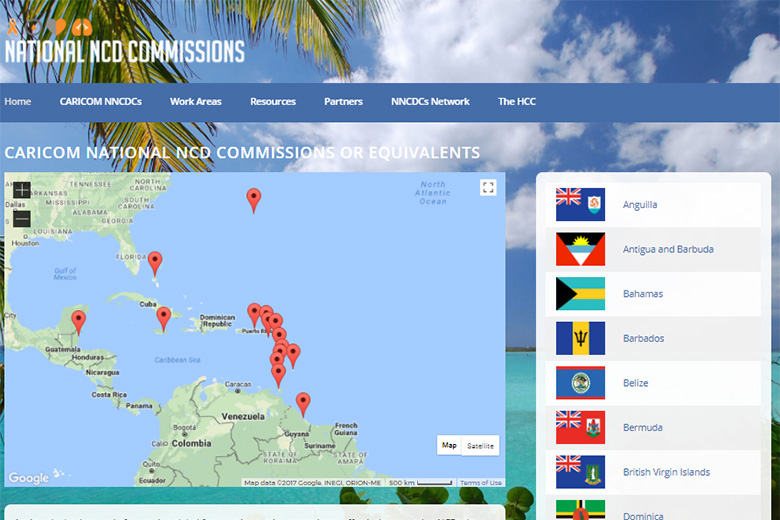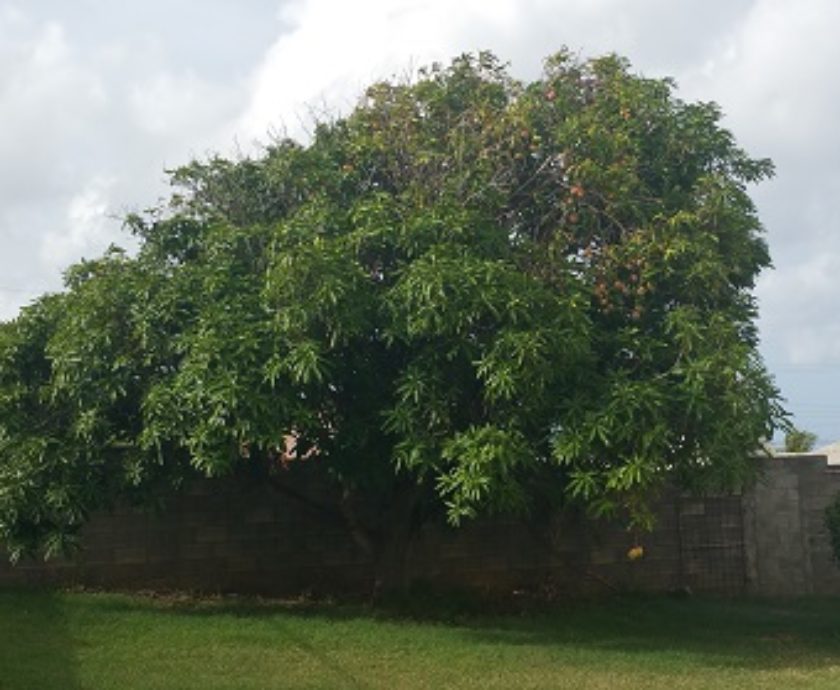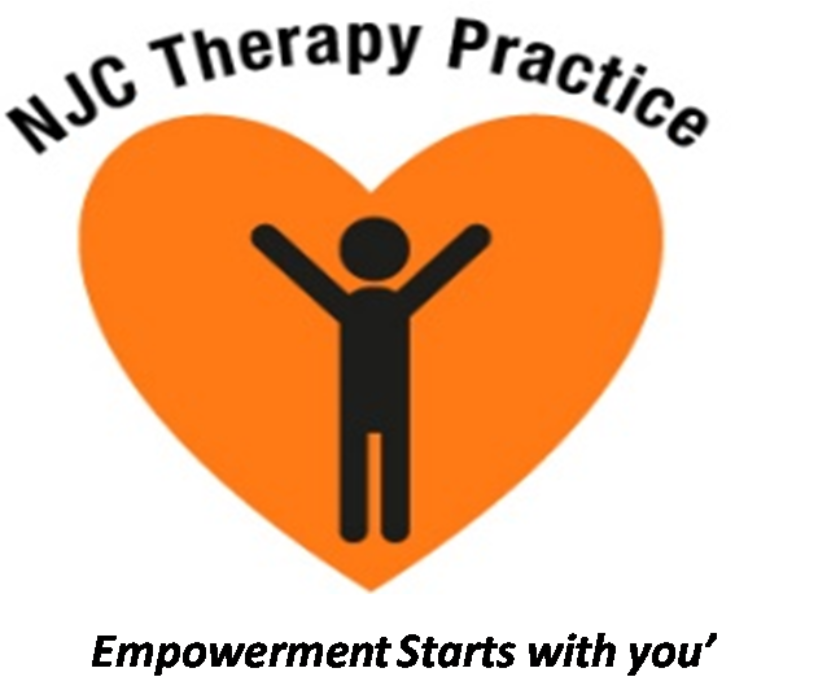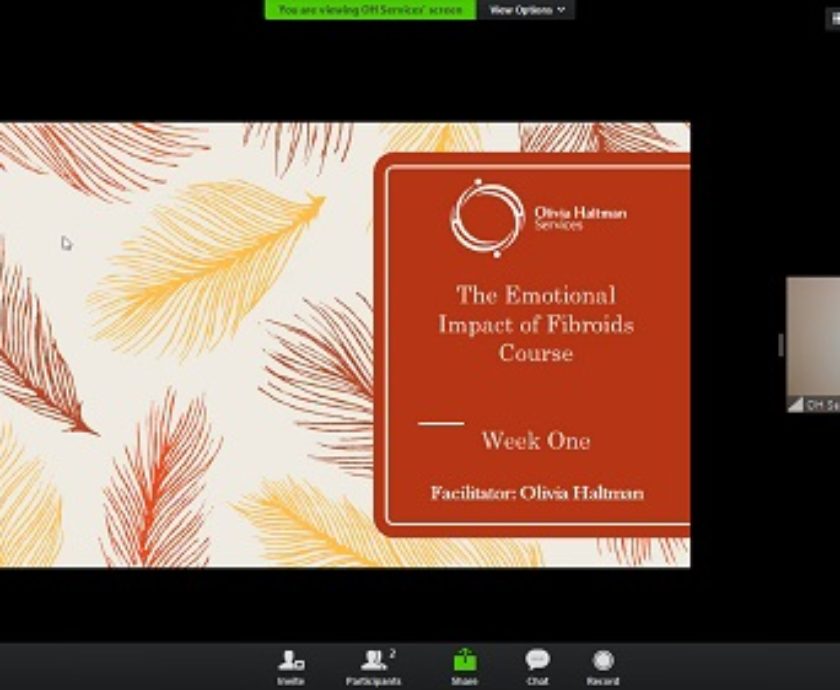Today is World Stroke Day giving us the perfect opportunity to put the spotlight on this condition. The organisers of World Stroke Day, the World Stroke Organisation, as part of this year’s campaign are asking the question: what’s your reason for preventing stroke? Our reason is because strokes are more common in the black community and we would like to prevent this condition from affecting so many people in our community. This is achievable as 90% of strokes are linked to avoidable risks.
Stroke is the second leading cause of death in the world with 6.2 million deaths per year being due to stroke. It is also the leading cause of disability with 5 million people being permanently disabled every year after suffering a stroke.
What is a Stroke?
A stroke occurs when the blood supply to part of the brain is cut off resulting in damage to or death of brain cells. You can think of a stroke as a similar to a heart attack, but it takes place in the brain, people sometimes refer to it as a brain attack.
There are two types of stroke:
Ischaemic strokes – this is where something blocks an artery to the brain. The blockage can be caused by a blood clot, air bubble or fat globule.
Haemorrhagic strokes – these occur when a blood vessel bursts and bleeds into the brain.
It is estimated that members of the black community are twice as likely to suffer from a stroke as the white population. This is thought to be related to the fact that stroke is a complication of diabetes, high blood pressure and sickle cell; these are all common conditions in the black community.
You can watch the video below to find out more about what a stroke is.
Warning Signs of a Stroke
When someone has a stroke it is very important that they get medical care quickly to ensure that any damage to the brain is kept to a minimum. Strokes happen suddenly so the person who has the stroke or those around him/her may not recognise what is happening until it is too late. There may be warning signs just before a stroke occurs so it is very important that everyone is aware of what these are so that you can get help immediately from the emergency services.
The warning signs of a stroke are:
- Numbness or weakness in your face, arm, or leg, especially on one side
- Confusion or trouble understanding other people
- Trouble speaking
- Trouble seeing with one or both eyes
- Trouble walking or staying balanced or coordinated
- Dizziness
- Severe headache that comes on for no known reason
Who is at risk of having a stroke?
- Older people – most strokes occur in people over the age of 65 but younger people have strokes too with 25% of strokes being in younger people
- People with a family history–if a close family member has had a stroke your risk of having a stroke is higher
- Particular ethnic groups – South Asians, Africans and Caribbeans are more likely to have a stroke
- People with a medical history – if you’ve already had a stroke, heart attack or a mini-stroke you are more likely to have a stroke. Also if you have diabetes, high blood pressure and sickle cell.
- Smokers – smoking doubles your risk of having a stroke
- Drinkers – alcohol can increase your risk of having a stroke
Prevention of Strokes
You can reduce your risk of having a stroke by:
- Eating a healthy diet – a low fat, high fibre diet is recommended including plenty of fruits and vegetables
- Regular exercise – this will make your heart and blood circulation more efficient
- Not smoking
- Reducing your alcohol intake
Think FAST
If  you or someone you know are ever worried that you may be having a stroke it is important to think FAST:
you or someone you know are ever worried that you may be having a stroke it is important to think FAST:
Face: weakness of the face. Can you or the person smile? Has your face fallen on one side?
Arms: weakness in the arms. Can you or the person lift their arms?
Speech: has your speech been affected. Are you experiencing slurred speech?
Time: if any of the above are experienced then call 999/911 immediately
More information
This World Stroke Day let’s all make a commitment to work towards preventing stroke by changing our lifestyle and being aware of the symptoms. This is so important for the black community as we are twice as likely to develop stroke.
For more information on stroke you can visit the following websites:







